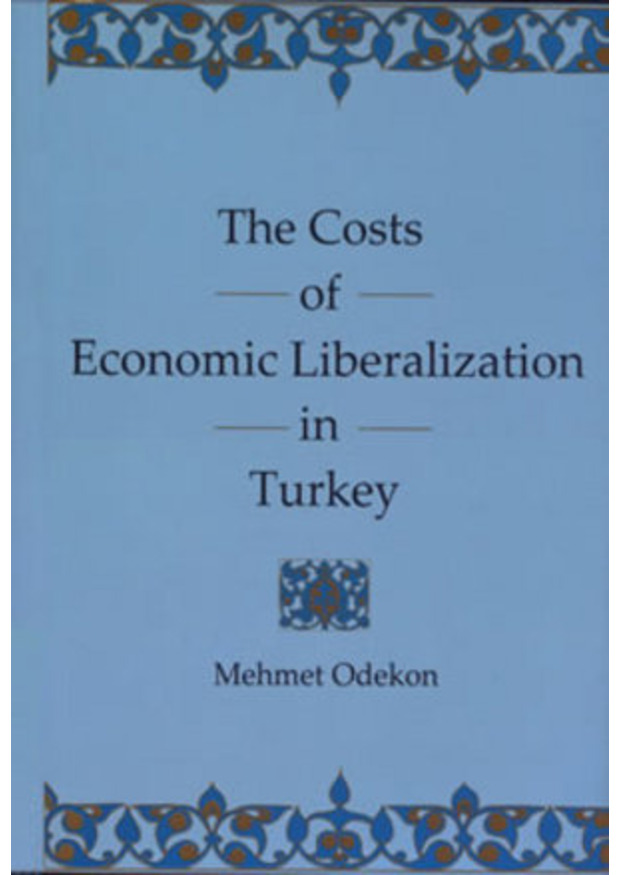This book's main theme is that the neoliberal economic policies forced on developing countries by the International Monetary Fund and the World Bank serve the interests of Western industrial countries more than those of developing countries, as the post-1980 Turkish experience illustrates. Within a simple dependency-oriented framework the book presents the effects of liberalization policies in Turkey. These policies were mostly concerned with allocative efficiency, disregarding distributional efficiency issues. The results were not always socially or politically desirable. These policies consistently favored capital over labor and created an economic system that made the rich richer and the poor poorer. Privatization, in the name of raising allocative efficiency, contributed to increasing inequality and poverty. Anti-inflationary policies, debt-reduction schemes, environmental policies, and agricultural reforms all favored the interests of high-income groups. Their benefits increasingly accrued to industrial countries, either by transferring surplus from the national metropolis to the international metropolis, or by restructuring the developing countries' output, input, and financial markets so that any exchange between developing and industrial countries would benefit the latter.
Economic theory promoting economic liberalization (rooted in neoliberal economic theory) is based on the assumption that a free-market economy is superior to any other economic structure in that it almost automatically produces allocative efficiency and promotes growth and development. Free trade, privatization, and liberalization of input and output markets lead to this superior economic structure. Economic liberalization policies implemented under the auspices of the IMP/World Bank rest on these same assumptions. The mismatch between these assumptions and the realities of developing countries inevitably leads one to question the applicability of neoliberal policies to developing countries, especially given their lack of success. This book investigates the one-prescription-fits-all approach through an analysis of IMP/World Bank policies implemented in Turkey.
The first chapter of the book provides a general overview of IMF/World Bank policies in turkey and shows that their limited success was confined predominantly to the external sector, with a high domestic cost to the Turkish economy, as reflected in high unemployment and increasing poverty and inequality thanks to privatization, debt reduction, and anti-inflationary policies. The next three chapters evaluate financial liberalization, industrialization and deagriculturalization, and environmental policies. These policies have led to increased non-productive financial speculation, transformed the agricultural sector along the lines of international division of labor in agriculture in such a way that Turkey became a net food importer in a short period of time, and contributed to environmental degradation as exports of high-pollutant goods from Turkey to Western Europe, especially to the OECD countries, increased. The book concludes with a discussion of possible alternatives to neoliberal policies that render labor globally an equal partner to capital. It contributes to the ongoing scholarly debate on the economic, social, and political effects of liberalization and stabilization policies sponsored by the IMF/World Bank.













